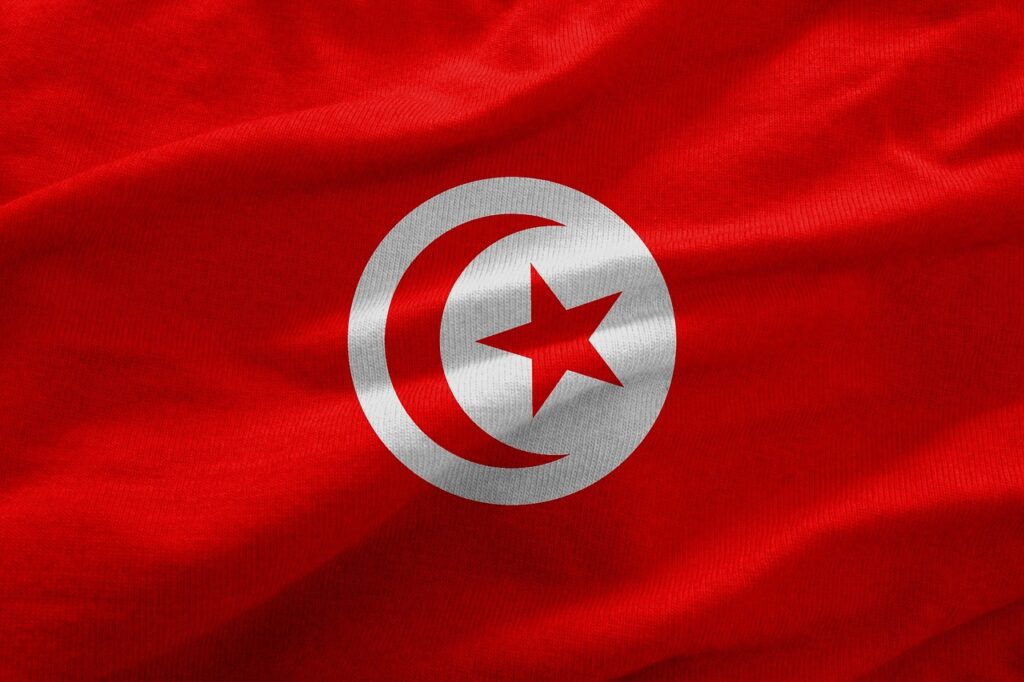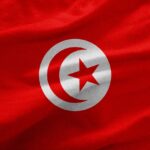
The government made uneven protection efforts as it identified fewer victims yet provided services to more victims compared with the previous reporting period. In 2022, the National Authority identified 560 victims; this was a decrease compared with 718 in 2021. Of the 560 identified victims, 47 were sex trafficking victims, 503 were labor trafficking victims (including 349 for forced labor, three for forced criminality, five for debt bondage, 55 for “slavery and practices similar to slavery,” 34 for servitude, and 57 for forced begging), four were victims of “illegal adoption for the purposes of exploitation,” and six victims were subjected to unspecified forms of trafficking. The majority of identified victims (488) were women and children, and 410 were foreign nationals from Algeria, Burkina Faso, Cameroon, Cote d’Ivoire, Guinea, Liberia, Niger, Nigeria, Sierra Leone, Senegal, Sudan, and Syria; 372 of the 410 identified foreign victims were Ivoirian. The majority of foreign victims were exploited in forms of labor trafficking. The government either directly provided assistance to all identified victims of trafficking in 2022 or referred them to civil society organizations to provide assistance. The Ministry of Health (MOH) provided healthcare to 91 victims, including Tunisian and foreign nationals.
The government continued implementing the NRM, which streamlined all stages of the referral process from victim identification and assistance to civil and criminal proceedings. Judicial and border police continued to have practices in place to screen for potential trafficking victims among those who overstayed their legal residency or who were subject to expulsion after serving a prison sentence. The government also provided practical guides to security officers and judicial police on victim identification techniques. Despite these efforts, the National Authority and the MOI special victims unit were the only government entities authorized to officially identify trafficking victims, thereby allowing victims access to state-run services and requesting exemptions from exit visas for foreign victims. During the reporting period, the National Authority requested exemptions from exit penalties for 173 potential foreign trafficking victims, a significant increase from 38 in 2021; the Ministry of Finance approved all requests. NGOs continued to report the limited number of ministries that could legally identify trafficking victims slowed the process for identification and subsequently for victims to receive care. Moreover, insufficient interagency coordination and resources reportedly hindered the timely identification and referral to services of trafficking victims. In addition, civil society organizations reported the special victims unit did not have sufficient personnel or resources to provide adequate assistance to trafficking victims, nor did personnel have the cultural understanding or training to communicate with vulnerable sub-Saharan migrants, including potential trafficking victims. Civil society organizations also expressed concern that the government’s process to provide exemption from visa penalties for foreign trafficking victims was slow and cumbersome, thereby creating difficulties for civil society to assist victims in a timely manner. As a result of the official identification procedures and the other constraints outlined above, civil society noted authorities likely punished some unidentified victims for unlawful acts committed as a direct result of being trafficked, such as “prostitution” or immigration violations.
The Ministry of Social Affairs (MSA) continued to operate two shelters for children in Tunis and Sidi Bouzid and three shelters for adults in Tunis, Sousse, and Sfax; at least two of the three shelters for adults had designated areas for trafficking victims where victims could enter and exit freely and return on a regular basis for assistance seeking employment. The five MSA shelters supported 179 victims in 2022, including 63 women and girls and 113 men and boys; 139 of the 179 victims were children. In 2021 the shelters assisted 129 victims. The MSA shelters provided psychological care, family reintegration, social support, material assistance, professional integration, and health services. The MSA and National Authority continued to uphold a 2019 agreement for the MSA to dedicate one room in all social care centers for victims of trafficking and violence. An MOH-operated hospital in Tunis continued to have a unit with trained personnel dedicated to caring for victims of violence, including sexual exploitation, which offered psycho-social support, medical documentation, and legal expertise; the government did not report if this unit assisted any trafficking victims during the reporting period. The government’s rehabilitation center for torture victims could also assist trafficking victims with psychological and therapeutic support; the rehabilitation center assisted 17 trafficking victims with short-term psychological support in 2022, compared with 18 trafficking victims in 2021. The government ran 79 youth centers around the country that provided psycho-educational services to at-risk children ages six to 18, including child trafficking victims, one of which was dedicated solely for abandoned or otherwise vulnerable children, including child trafficking victims; however, the government did not report if any child trafficking victims received assistance at these centers during the reporting period. Civil society contacts reported there were overall limited services throughout the country for child trafficking victims, especially long-term, reintegration, and relocation services. In January 2023, the National Authority launched a mechanism for victims to provide feedback on the support they received, aimed at improving assistance to trafficking victims. Despite the centers and services provided by the MSA and MOH, the National Authority and civil society partners continued to report the country lacked sufficient shelters to support vulnerable populations, including trafficking victims. Although the National Authority and NGOs partnered to reintegrate victims into society, the lack of resources, trained personnel, and sufficient shelter beds – especially outside of Tunis – created challenges in doing so. The government offered foreign trafficking victims legal alternatives to their removal to countries where they might face hardship or retribution. The anti-trafficking law provided all identified foreign trafficking victims relief from deportation; the government did not report whether it provided temporary relief from deportation for any foreign trafficking victims in 2022. Victims had the right to free legal aid to assist them in engaging in civil and criminal proceedings against traffickers, and there were provisions to protect victims’ privacy during court proceedings, such as recorded testimony and physical protection. The government allowed trafficking victims a 30-day reflection period, renewable once, while they decided whether to assist law enforcement; victim assistance was not dependent on assisting law enforcement. Prosecutors could seek restitution in trafficking cases, and if victims were unable to collect restitution after a final judgement, victims could claim compensation from the government; however, the government did not report whether courts issued restitution in trafficking cases or if the government provided compensation to any victims in 2022. Trafficking victims could request legal aid to assist them in filing a civil suit against the trafficker for compensation; the government did not report whether courts awarded such compensation during the reporting period.
from 2023 Trafficking in Persons Report – U.S. Department of State
2023 Trafficking in Persons Report – United States Department of State

